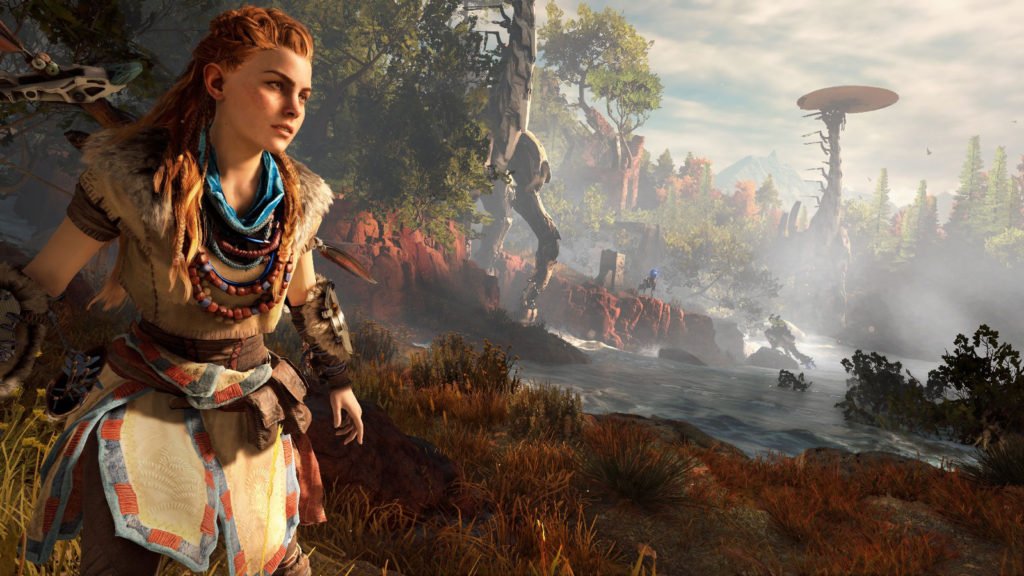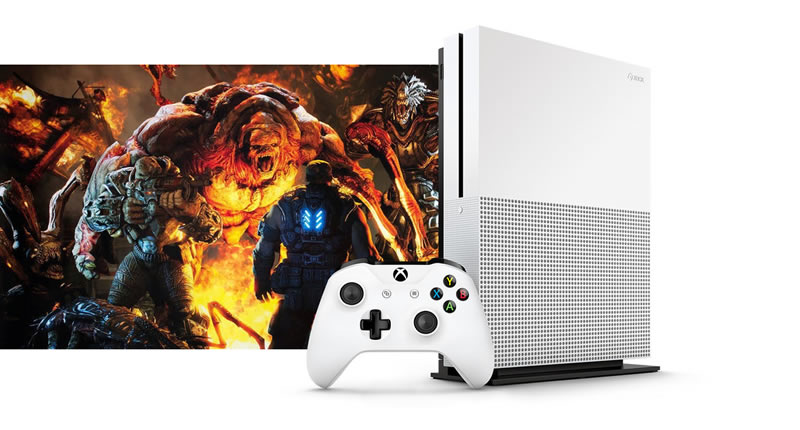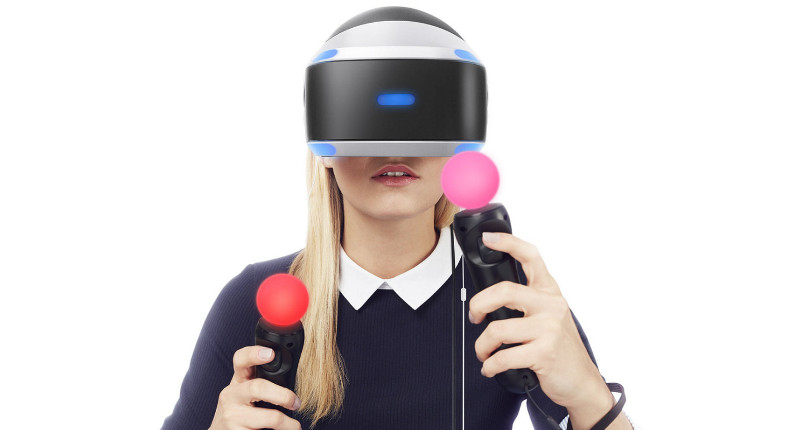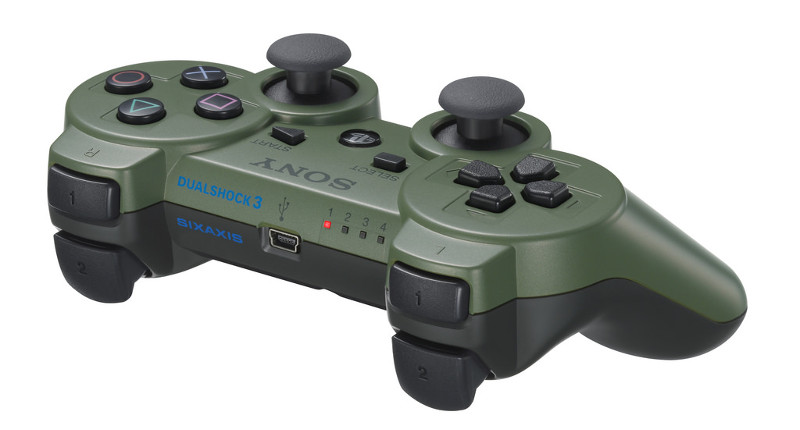South Africa’s retail forex industry is entering a decisive phase as regulation tightens and consolidation accelerates. What does it mean for brokers and traders?
How can Sony PlayStation beat Microsoft Xbox at E3 2016? (and vice-versa)

For the latest news, analysis and banter, stick to our E3 2016 live blog.
We’re on the eve of the world’s biggest gaming expo and the stakes are as high as ever between Sony and Microsoft.
Sony is in rude health thanks to record-breaking PS4 numbers, but we wonder what kind of impact the expected PS4 NEO would have on sales. Then again, Sony has revealed the console will miss E3.
Meanwhile, Microsoft isn’t doing too badly when judged on its own merit, but it’s taking a beating at the cash registers compared to the PS4. So it definitely needs a PR coup to put momentum on its side.
A solid showing at E3 makes for great exposure, while a bad showing… well, ask some of these companies.
The all-important games

It’s a no-brainer, but for starters, both companies will need to continue delivering AAA and indie standout titles for 2016, 2017 and beyond.
We’ve already seen what happens when firms fail to deliver in this regard. A lack of must-play games is at least partially the reason why Microsoft got ahead of Sony in the early going, while the reverse would happen to Microsoft in the Xbox 360’s later years.
Both companies will need to outline a steady stream of games for their machines over the years, moving beyond the holiday season. After all, it’s a marathon, not a sprint.
It’s also a case of quality over quantity, so a solid mix of new IPs and established properties will be integral to the manufacturers’ E3 showings. Sony is heavily tipped to be revealing a new God of War game and some expect a horror title, dubbed Dead Don’t Rise. But previously revealed titles Gran Turismo Sport, No Man’s Sky and Horizon: Zero Dawn will no doubt get some love too.
Microsoft is expected to lean on Gears of War 4, Crackdown 3 and Forza Horizon 3. Here’s hoping Xbox fans get a look at original IPs Recore, Sea of Thieves and others.
Obviously, being E3, we can expect both companies to reveal more all-new exclusives too.
What about hardware?

Sony has confirmed that its PS4 Neo is indeed a real thing, but Andrew House has revealed that it won’t be at E3.
Still, Sony will need to assuage consumer anxiety over the new console, making existing PS4 owners feel at ease over their current purchase and making the transition pleasant for interested parties wanting to upgrade.
To this end, an upgrade plan (be it a trade-in deal or subscription service) could work wonders for the company if executed properly.
As for Microsoft, the company is heavily rumoured to be working on two consoles, in the form of a slimline Xbox One (“leaked” images have surfaced overnight) and a more powerful Xbox Scorpio upgrade akin to the Neo. However, it’s claimed that the latter won’t be making an appearance at E3, leaving the slimline console in the spotlight.
Fortunately for Microsoft, slimline machines are an accepted part of console gaming these days, as manufacturers eke out more efficient chip designs. So unless the slim device packs a more powerful punch, expect it to be warmly greeted anyway.
VR?

Sony is the only one of the two companies to be working on a pure VR headset, in the form of the PlayStation VR. Scheduled for an October release, PS VR will work on the existing PS4, but a Neo will ostensibly be recommended for better performance. Still, compatibility with exclusive PS4 games and brand-new, innovative offerings would go a long way to making it a must-have peripheral.
In the Microsoft camp, there doesn’t seem to be a solid plan surrounding VR itself, with the HoloLens headset delivering more of a mixed reality experience than virtual reality. Then again, the universal nature of Windows apps does point to some crossover on this front.
On the other hand, rumours claim Microsoft is chasing an Oculus Rift partnership for the Xbox Scorpio, but Microsoft could generate a buzz by announcing support for the headset on the current console. Is it technically feasible though? Hm…
Backwards-compatibility, streaming, apps and more

Say what you will about backwards-compatibility, but Microsoft won over plenty of Xbox 360 owners when it revealed backwards-compatibility with the Xbox One. By comparison, Sony’s PlayStation Now streaming effort looked like a rip-off.
Still, Sony could partially redeem itself by announcing backwards-compatibility with PS2 and PS1 games. What about PS3 titles though? Hm… Then again, they said Xbox 360 compatibility wasn’t possible with Xbox One…
The Japanese company also pushed out an update this year for streaming games to PC and Mac – Apple compatibility being a lovely advantage over Microsoft’s streaming solution. But Sony could deliver a significant strike if it delivered Remote Play to Android devices at large (i.e. not just Xperia devices).
On the streaming front, Microsoft delivered an elegant solution with Windows 10’s game streaming, but we know that Microsoft is testing the feature on Windows 10 Mobile too. E3 would seem like a good time to announce the feature, even though Windows 10 Mobile doesn’t have nearly as much reach as Android.
An even bigger deal than mobile streaming is streaming PC games to the console, and we that Microsoft is testing this feature, but have they made much progress since this report?
A particularly strong point for Microsoft is the software field, and the company is expected to launch its unified Windows Store at E3, featuring universal apps. This is a massive deal for the firm, and while the usual Maps, OneDrive and Office apps are pretty much a lock at this point, there’s a massive opportunity here for developers to create innovative wares. After all, one developer managed to boot Windows 95 on the Xbox One thanks to DOS Box. It might not be a pure gaming feature, but revealing a stocked Windows Store on Xbox One could prove to be a differentiating factor here.
The move could also make the Xbox One a more attractive proposition if it has some PC-like capabilities. Sure, nothing beats a PC for pure functionality, but employees trying to sell their company on an Xbox One would have an easier time convincing employers if it has Powerpoint, Office and other productivity tools.

